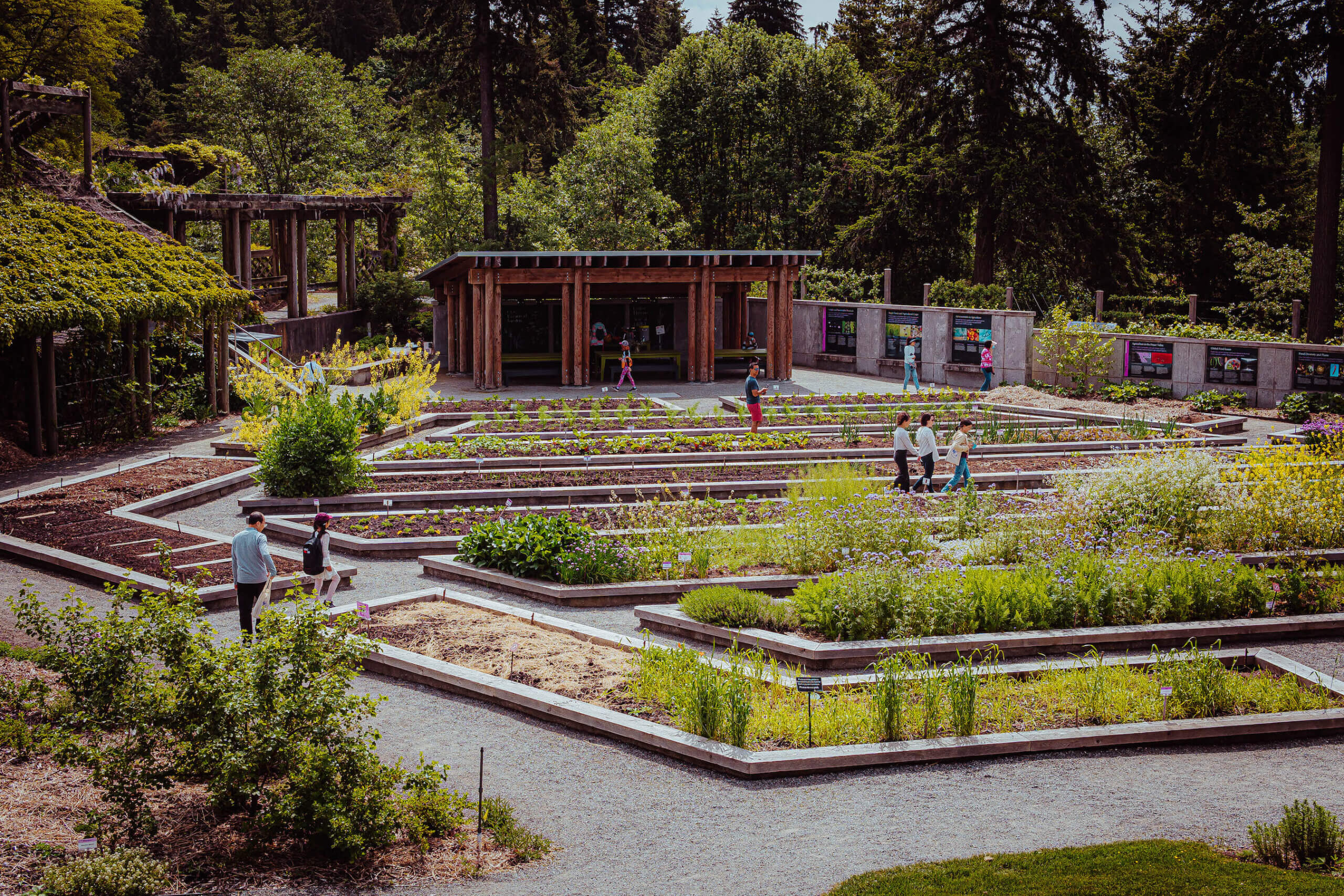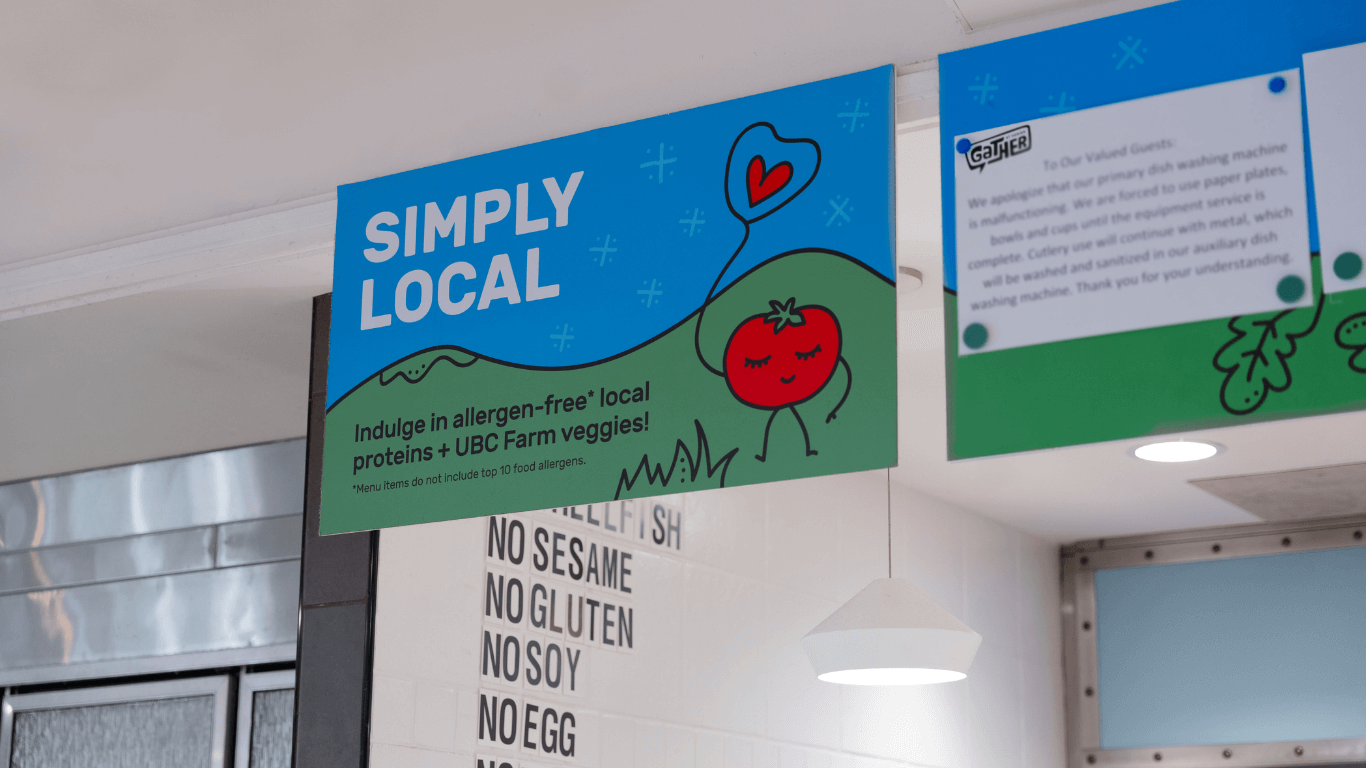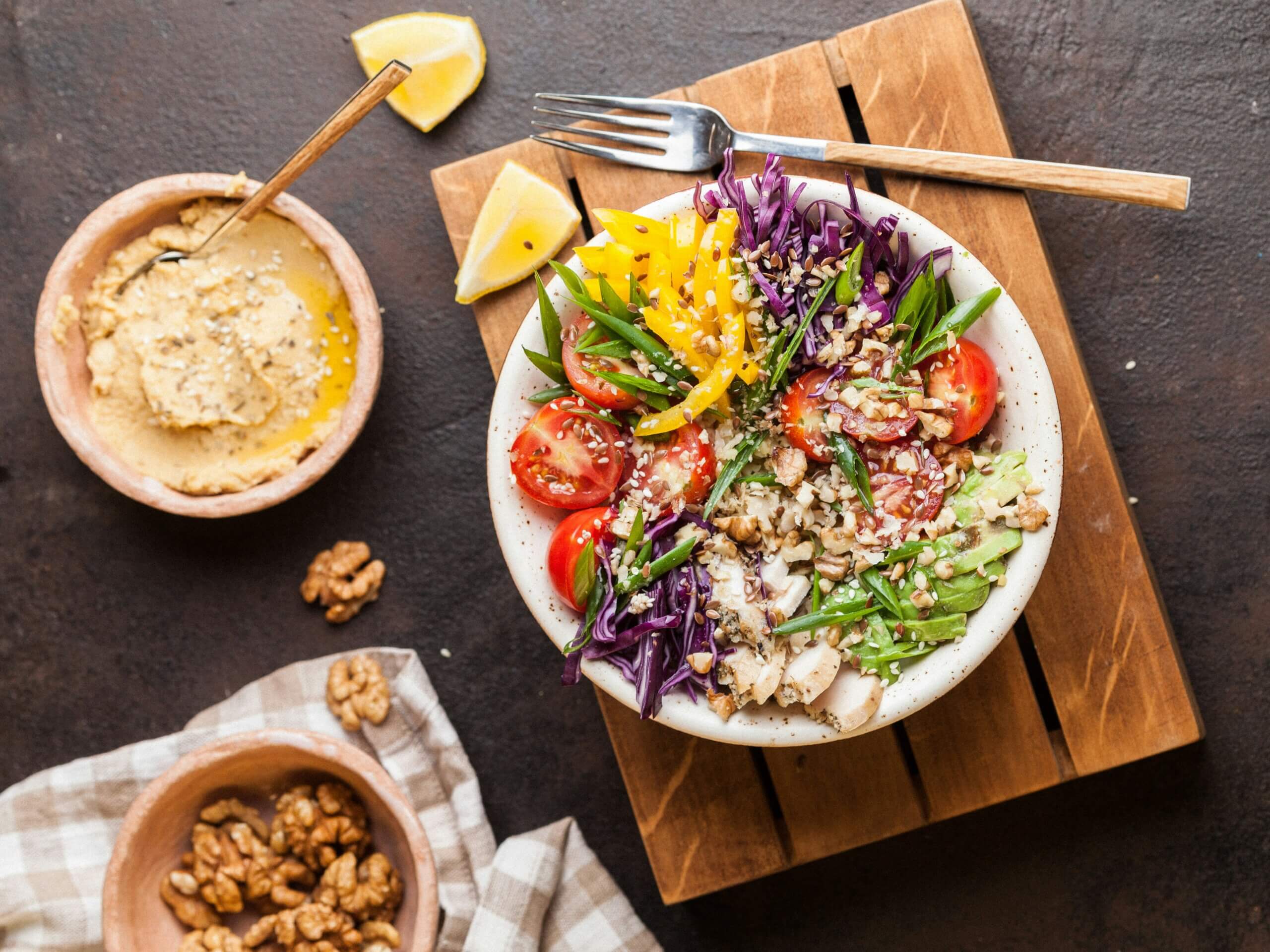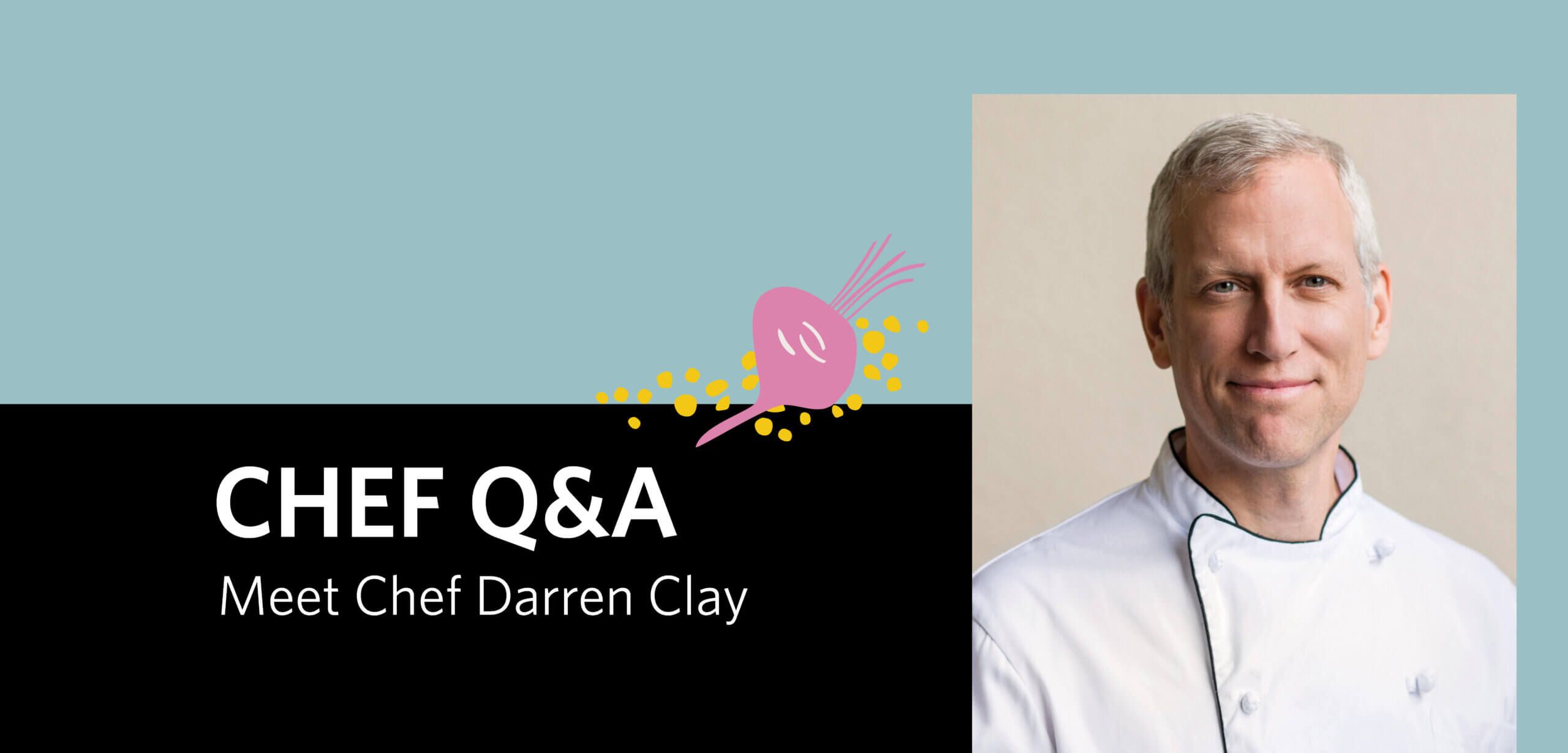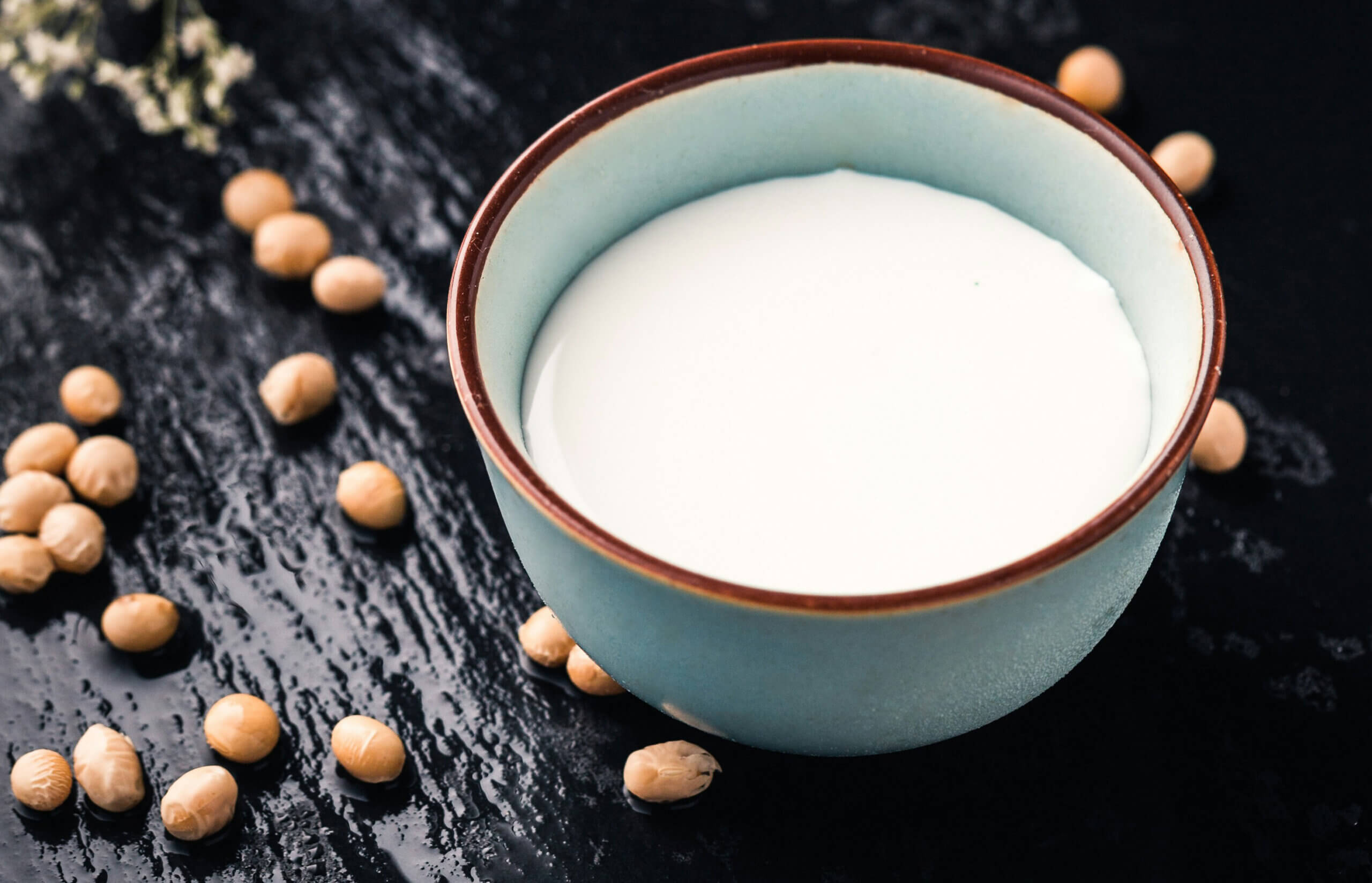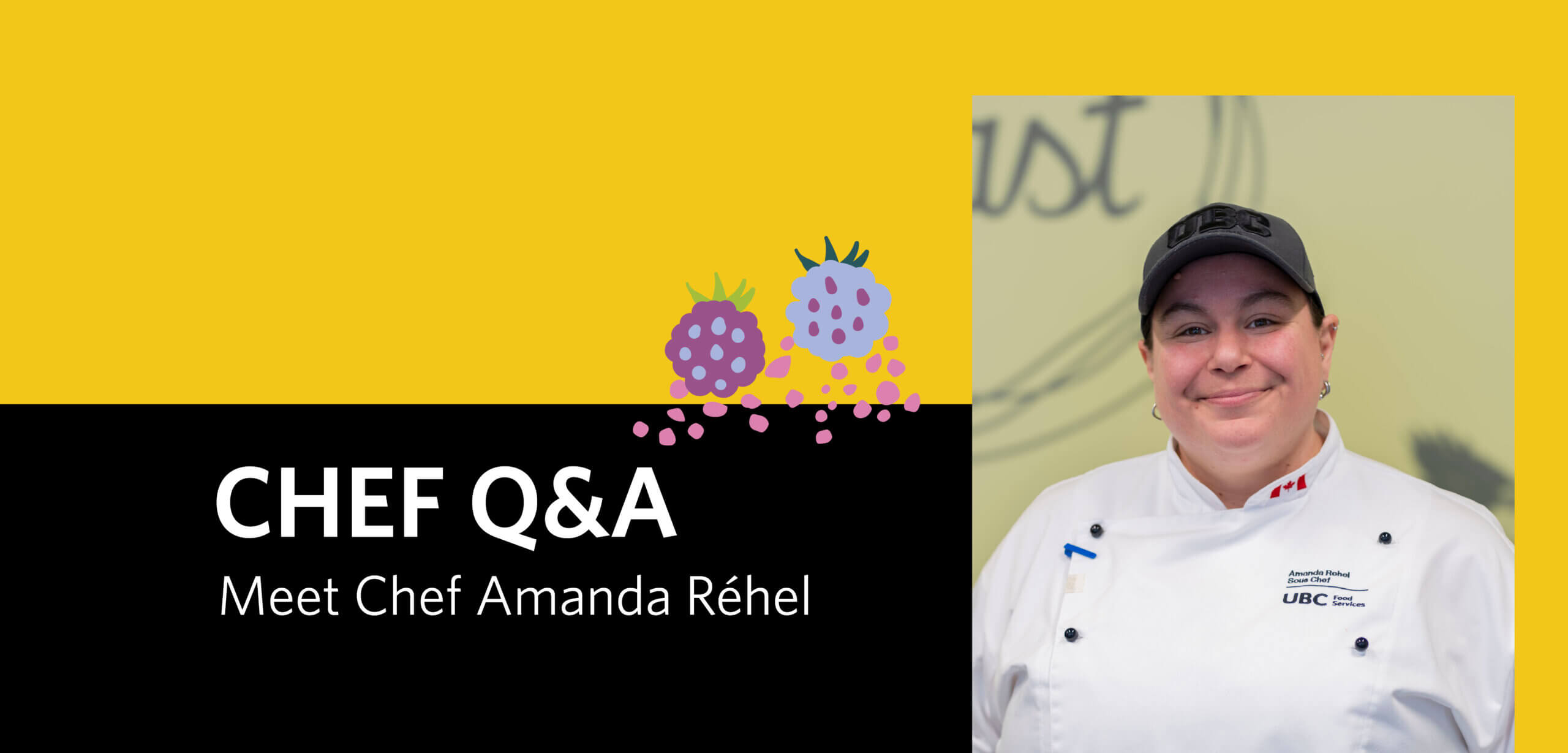Did you know that most families waste well over $1,000 in food each year? If we focus on how to reduce our food waste instead of what we can buy that is cheaper (and potentially more processed and less nutritious), we could actually see our grocery bills go down. This approach saves you money and also helps reduce your negative impact on the environment. The production and processing of food is energy intensive and food waste in the landfills produces methane — a potent greenhouse gas — which is a great reason to compost.
Ready to save money and eat more sustainably? Here are 5 tips to reduce your food waste:
1. Plan meals
Start a routine: Every Sunday sit down with your family, partner, cat (whoever!) and plan meals for the week. Which evenings will you be out of the house and not eating at home? How many meals do you need that week (account for leftovers)? How much time will you have to prepare meals? Sticking with simple, quick recipes is key. Do you need to get up early one morning to throw stuff in your slow cooker? Plan ahead.
Make a grocery list from your planned recipes and stick to it. Do not go to the grocery store hungry or you will end up impulse-buying snack foods. Here is a great meal planning resource by Eat Right Ontario. Or use this form to make a plan that is 100% personalized.
2. Eat your leftovers
As I mentioned, make sure that your meal plan incorporates eating your leftovers. If you tend to skip breakfast, leftovers are a no-excuse way to get some nutrition in the morning. Do you normally buy lunch out? Why not save money and eat leftovers?
If you don’t enjoy eating the same thing a couple nights in a row, reinvent your leftovers or use your freezer! Having pre-made meals in the freezer is awesome for nights that you get home late or when you want a night off from cooking.
Store leftovers in a clear container at eye-level if they go into the fridge. They will be less likely to disappear into the back of the fridge this way. And no one likes discovering mystery food with hair weeks later…
3. Use your produce smarter
Fruits and veggies are an essential ingredient to a balanced diet, but its heartbreaking to see them rot in the fridge. Buying frozen or canned fruits and veg can be a great alternative and last longer. Buy only the amount of fresh produce you will use in a week and check out these tips on how to make your fresh produce last longer.
I am that annoying person hanging around the bananas at the grocery store picking one banana off 5 different bunches…but, hey, it works! Buying fruits and vegetables at varying stages of ripeness can allow you to have perfectly ripe ones all week. If you shop once a week or less, thinking about shelf life can be key to reducing food waste. Select fruits and vegetables like cabbage, apples, pears, beets, squash, radishes, carrots, and onions to eat later in the week.
Buying frozen fruits and vegetables works well too if you are prone to wasting fresh ones. They can even be more nutrient dense, especially in the winter months, compared to fresh. Check out this awesome infographic for some storage tips and download the FoodKeeper App by the USDA.
Check out some other handy food storage tips for the fridge, pantry, and freezer.
4. Donate food
If you have food that you know you are not going to eat — donate it! There are often restrictions on what you can donate, depending who you are donating to. Look into the requirements and what foods are needed most. Then donate what you can. If we could ship all our perfectly good food that gets wasted to those in need we could solve world hunger — multiple times!
Find a Food Bank near you…and someone please start a model like this in Canadian cities.
5. Understand best before dates
Best before dates are mandated on foods that are fresh for less than 90 days. They can be an indicator of the taste, quality and nutrient content of a food but is not related to safety. Expiration dates, found mainly on baby formula and nutrition supplements, are different. You should not consume a food after the expiration date. However, just because a food, like eggs or milk for example, is a few days past its best before date doesn’t meal you can’t eat it.
Canadians waste so much perfectly good food that is just a day or two past the best before date. Of course, use your food safety skills and “if in doubt throw it out” — but don’t discard food solely based on this date.
There you have it — 5 tips that will help you save money, eat better, and be more sustainable!

